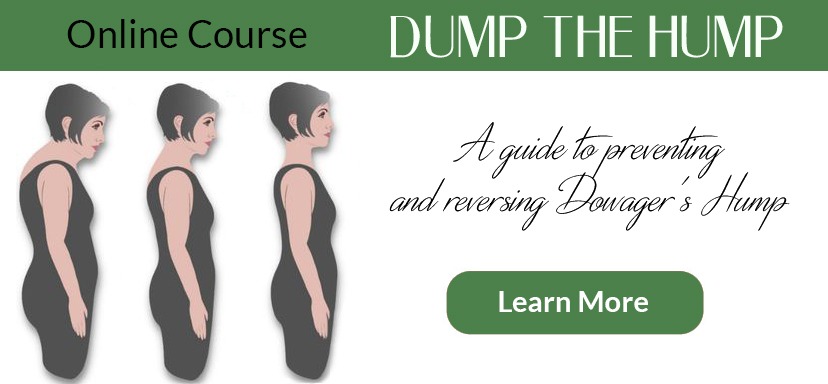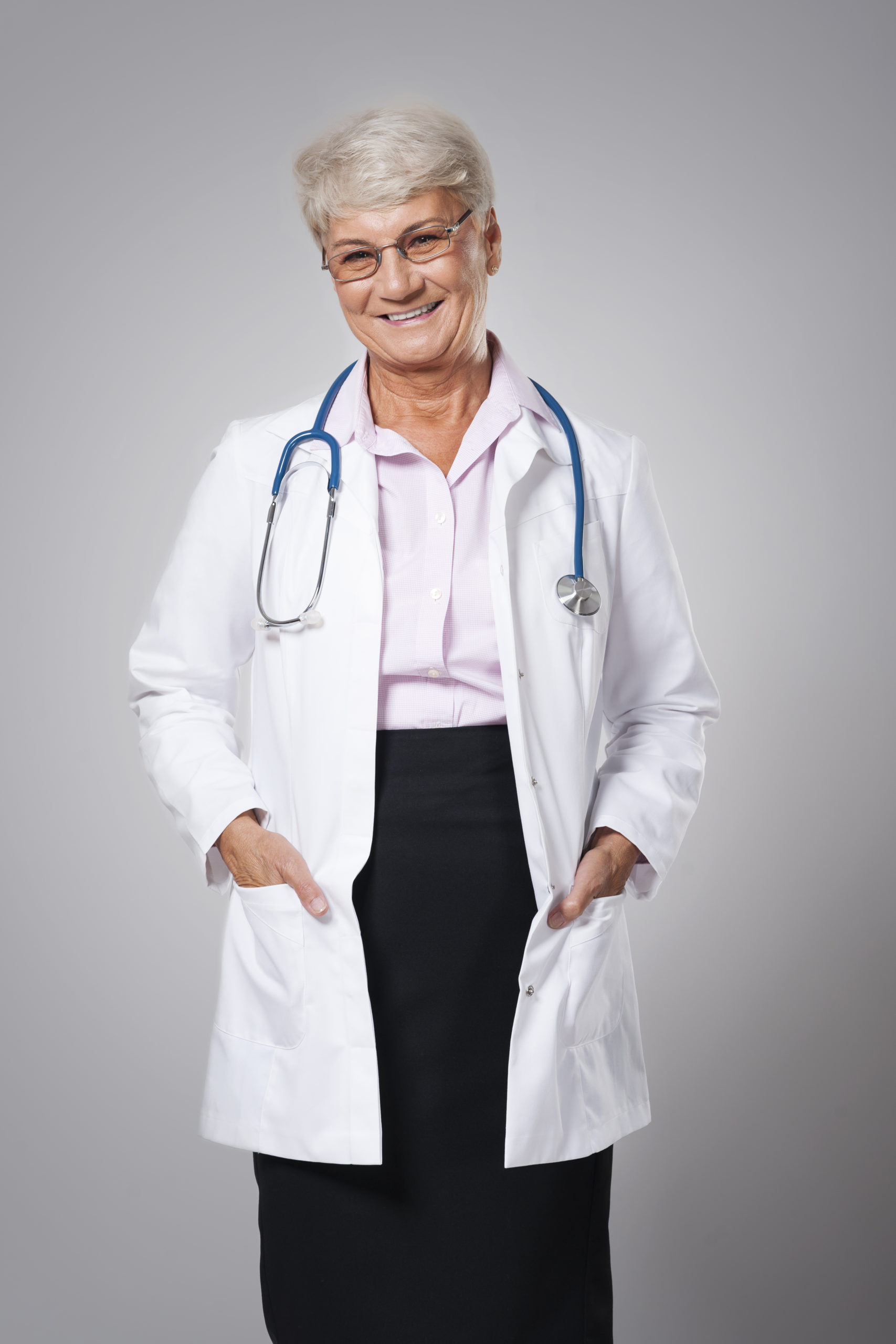Recently, an article appeared in the national press highlighting the shortage of geriatric medical doctors, called Geriatricians, who specialize in the diseases of older people—folks typically sixty-five and over, who suffer from a variety of diseases. Thoughtful friends sent me the article, several asking for my opinion. Today, I would like to offer my opinion in print.
First the really good news: according to the federal model, 70% of people over 65 do not see a geriatrician. The 30% who do often fall into the over 85 category and suffer from three or more chronic conditions.
These statistics tell me that there are millions of fairly healthy older adults out there, and research backs this up. I find these numbers very encouraging, and believe these folks are more aware of healthy practices, and so take better care of themselves.
That’s where gerontologists like me, and some MDs, come in because we promote ways to keep the aging body and mind healthy and free of disease.
Prevention and retention are the most important words when it comes to getting older.
Every time I put fingers to the keyboard my dominant thought is, how can I offer advice, or highlight research, which will help prevent decline and retain or enhance our precious facilities for our entire lives?
The truth is it’s easier to add things, whether they be supplements, healing foods, better self-care, regular sleep, and exercise, and greater attention to filling our lives with joy, especially when we are still quite healthy and mobile, than it is to fight our way back to health after developing a chronic condition. This, I believe is the future of the best practice of healthcare: preventative choices we can add into our day and so develop deep reserves which will keep us healthy and vibrant as we get older.
Should we need health care professionals, I love the action Dr. Mary Tinetti, Chief of Geriatrics at the Yale School of Medicine endorses by having “geriatricians to serve as ‘a small, elite work force’ who help train whole institutions in the specifics of care for older adults.”
These other fields include nurse-practitioners, PAs, and pharmacists, all who become the foot soldiers for geriatricians. This extension of knowledge and care through different avenues will, I hope, serve those 30% well, as these medical professionals add their expertise to that of the geriatric specialists.
Why I like this idea so much stems from the unacceptable stereotype: ageism. The more fields (and the many people in those fields) that embrace and deal with aging, the less ageism will exist.
My hope is that one day soon the general public will view aging issues without prejudice, but rather like pediatrics, just another part of human healthcare. With the help of those 70% of seniors who are doing well, the sea change is coming.
Until next time… Be Vibrant!
Photo created by gpointstudio – www.freepik.com
One of the most common complaints among older women? Dowager's Hump.
But it doesn't have to be.
Learn the science-backed strategies that you need to know to prevent, and even reverse the progression of, hyperkyphosis - in this online course.


